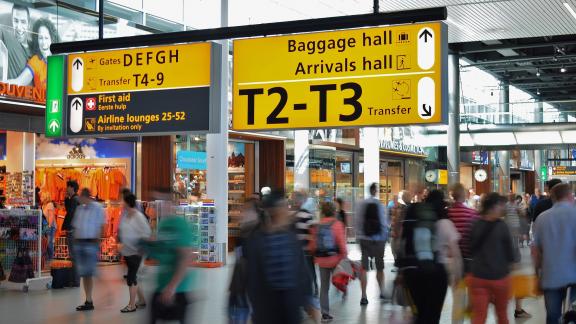Code of Practice red and amber list of countries

The Code of Practice for International Recruitment states that some developing countries should not be targeted when actively recruiting health or care professionals.
This country list below is based upon the World Health Organisation Health (WHO) Workforce Support and Safeguard List, 2023 and will be updated alongside scheduled progress reports on WHO Global Code implementation and reported to the World Health Assembly every three years (the next review is due in 2026), or more frequently if required.
The list doesn’t prevent individual health and social care personnel from independently applying to health and social care employers for employment in the UK, of their own accord and without being targeted by a third party, such as a recruitment agency or employer (known as a direct application).
Red List Countries
| Afghanistan | Angola | Bangladesh | Benin | Burkina Faso |
| Burundi | Cameroon | Central African Republic | Chad | Comoros |
| Congo | Congo, Democratic Republic of | Côte d'Ivoire | Djibouti | Equatorial Guinea |
| Eritrea | Ethiopia | Gabon | Gambia, The | Ghana |
| Guinea | Guinea-Bissau | Haiti | Kiribati | Laos |
| Lesotho | Liberia | Madagascar | Malawi | Mali |
| Mauritania | Micronesia, Federated States of | Mozambique | Niger | Nigeria |
| Pakistan | Papua New Guinea | Rwanda | Samoa | Senegal |
| Sierra Leone | Solomon Islands | Somalia | South Sudan | Sudan |
| Timor-Leste | Togo | Tuvalu | Tanzania, United Republic of | Uganda |
| Vanuatu | Yemen, Republic of | Zambia | Zimbabwe |
Amber List Countries
Kenya and Nepal are currently on the amber list, this means that international recruitment is only permitted in compliance with the terms of the government-to-government agreements in place for these countries. The Code of Practice for the ethical international recruitment of health and social care personnel bans active recruitment from countries with the greatest workforce shortages unless there is a government-to-government agreement in place.
Kenya
Kenya was placed on the amber list as of 11 November 2021, meaning that employers and recruitment agencies, including NHS Trusts, stopped all active recruitment of health and social care personnel from Kenya to the UK with immediate effect.
While Kenya is not on the WHO Health Workforce Support and Safeguards List it remains a country with significant health workforce challenges. Kenya was added to the amber list in the Code so that it will be protected from unmanaged international recruitment which could exacerbate existing health and social care workforce shortages.
The UK and Kenya signed a bilateral agreement in July 2021. The bilateral agreement remains in the pilot phase (last update, March 2025).
Nepal
Nepal was placed on the amber list as of 22 August 2022. The Department of Health and Social Care (DHSC) announced that the governments of Nepal and of the United Kingdom had signed a Memorandum of Understanding (MOU) on the managed ethical recruitment of Nepalese healthcare workers to the UK as part of a trail.
The MOU enables the manage recruitment of Nepalese healthcare workers to a single NHS Trust, Hampshire Hospitals NHS Foundation Trust via its existing recruitment partners. It was signed on the basis that the active recruitment of health and care workers from Nepal will begin with an initial pilot phase which is still ongoing (last update, March 2025).
Please note, for all health or social care employers (including NHS trusts, private providers, social care organisation, or local authorities) or organisations on the Ethical Recruiters List, the bilateral agreement with Kenya and the MOU with Nepal does not allow active recruitment from these countries. Therefore, any active recruitment from Kenya or Nepal outside of the terms of the bilateral agreement and MOU would be deemed a breach of the Code of Practice. |
Government-to-government agreements
Below is a list of government-to-government agreements for the Code of Practice:
- Kenya - NOTE: as Kenya is on the Amber list, no active recruitment should take place outside of the conditions of the MoU
- Nepal - NOTE: as Nepal is on the Amber list, no active recruitment should take place outside of the conditions of the MoU
- Malaysia (currently on the green list)
- Philippines (currently on the green list) - The MOU applies to nurses and other healthcare professionals (physiotherapists, radiographers, occupational therapists, bio-medical scientists and other allied health professions that are presently regulated by appropriate professional bodies in both countries). If an employer intends to hire more than five employees from the Philippines, it has to apply for accreditation and should partner with a Philippine recruitment agency. They have the option to partner with a Foreign Placement Agency in the UK.
- India (currently on the green list)
- Sri Lanka (currently on the green list).



